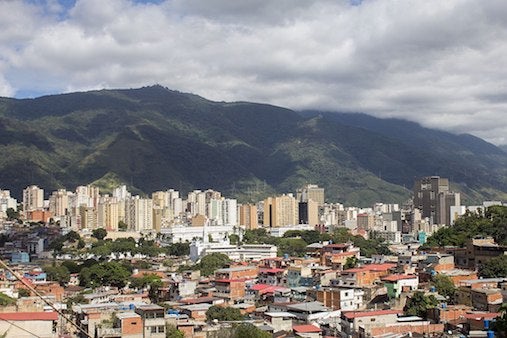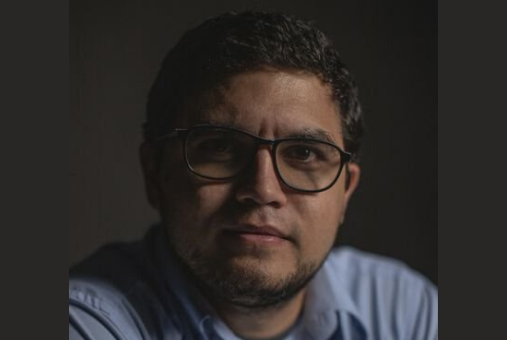
A Paraguayan journalist for the newspaper ABC Color was sued for calumnia and defamation by a lawmaker who the reporter said participated in an attempt to bribe him so that he’d stop investigating a story.

Guatemalan presidential candidate Sandra Torres withdrew a request for precautionary measures against a group of editors of the independent newspaper El Periódico who she sued using the country’s feminicide law.

It is the 67th newspaper to end its print offering, either temporarily or permanently, between 2013 and 2019, according to IPYS Venezuela. Zulia joins three other Venezuelan states which no longer have a print publication, the press freedom organization added.

A Spanish journalist is the latest foreign correspondent covering the sociopolitical crisis in Venezuela to be ordered to leave the country by the government of President Nicolás Maduro, according to local and international media.

The Knight Center for Journalism in the Americas wanted to celebrate World Press Freedom Day (WPFD) by turning the tape recorder to journalists and press freedom advocates.

Each May 3 is a global celebration of press freedom and its importance to society. For this year’s World Press Freedom Day (WPFD), journalists and press freedom advocates will focus on media and elections, as well as the role of media in peace and reconciliation

A senior representative of the Peruvian Catholic Church who accused an investigative journalist of defamation withdrew his lawsuit against her.

Police officers forcibly entered a Honduran radio station to apprehend the director, a journalist sentenced to 10 years in prison for defamation.

A new edition of the free online course on International Legal Framework of freedom of expression, access to public information and protection of journalists began on April 1 with 2,126 judicial operators from Ibero-America.
Press freedom organizations from Latin America and the United States have come out in defense of Daniel Santoro and three other Argentine journalists after a judge named them in an investigation into alleged extortion and illegal espionage he says was carried out by the fake lawyer Marcelo D'Alessio.
Venezuelan officials released German journalist Billy Six on March 15 after he spent four months in detention.

Venezuelan journalist Luis Carlos Díaz has been charged with public incitement, but was released from detention on the evening of March 12, according to freedom of expression organization Espacio Público.